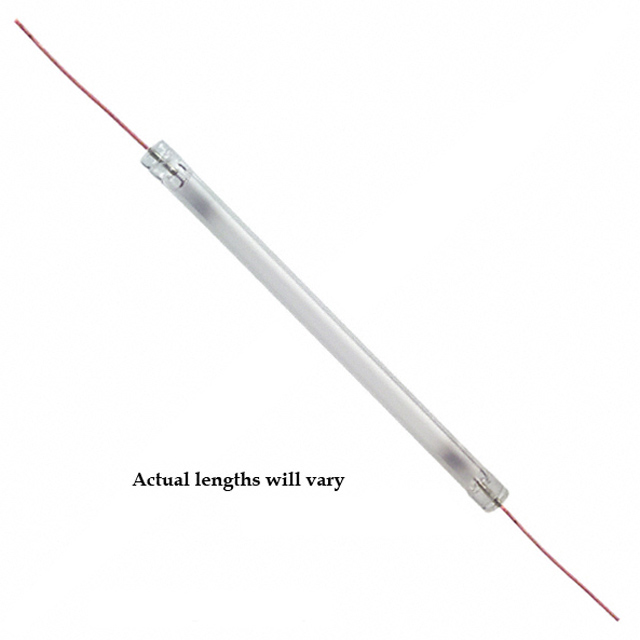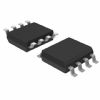Current Transfer Ratio
:
Maximum Input Diode Current
:
Packaging
:
Maximum Reverse Diode Voltage
: 5 V
Maximum Forward Diode Voltage
: 1.9 V
Minimum Operating Temperature
: - 55 C
Maximum Baud Rate
: 10 MBps
Maximum Operating Temperature
: + 125 C
Package / Case
: PDIP-8
Maximum Power Dissipation
: 200 mW
DescriptionThe HCPL-5651 is a high reliability Class H two channel hermetically sealed optocoupler in an 8-Pin ceramic DIP package with gold plated leads. Solder dipped leads and various lead form options are also available. See the datasheet for details. This device is appropriate for isolation voltage applications requiring up to 2500 Vdc.
The HCPL-5651 is capable of operation and storage over the full military temperature range and may also be purchased as commercial grade or from the DSCC SMD 81028. All HCPL-5651 devices are manufactured and tested on a MIL-PRF-38534 certified line and the Class H version is included in the DSCC Qualified Manufacturers List QML-38534 for Hybrid Microcircuits.
Each HCPL-5651 channel contains a GaAsP light emitting diode which is optically coupled to an integrated high speed photon detector. The output of the detector is an open collector Schottky clamped transistor. Internal shields provide a guaranteed common mode transient immunity specification of 1000 V/micro-second.
Because the same electrical die (emitters and detectors) are used for each channel of each HCPL-5651 device listed in the datasheet, absolute maximum ratings, recommended operating conditions, electrical specifications, and performance characteristics shown in the datasheet figures are virtually identical for all parts. Occasional exceptions exist due to package variations and limitations and are as noted. Additionally, the same package assembly processes and materials are used in all devices. These similarities give justification for the use of data obtained from one part to represent other parts performance for reliability and certain limited radiation test results.

 HCPL-5651 Data Sheet
HCPL-5651 Data Sheet




